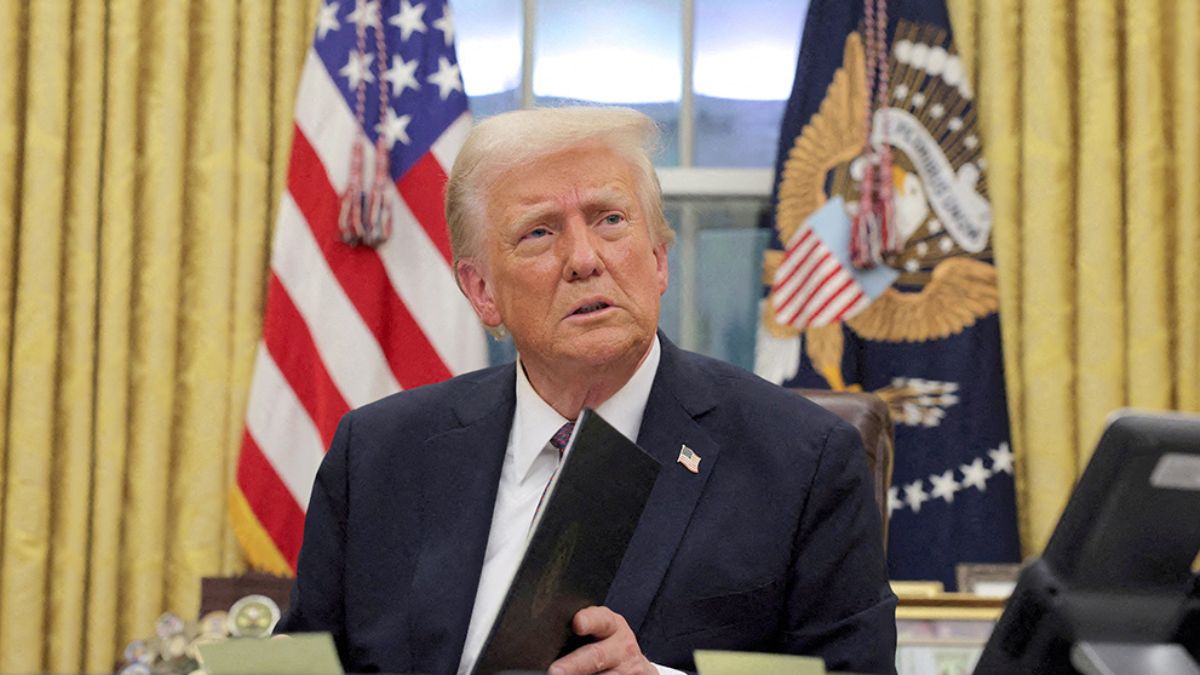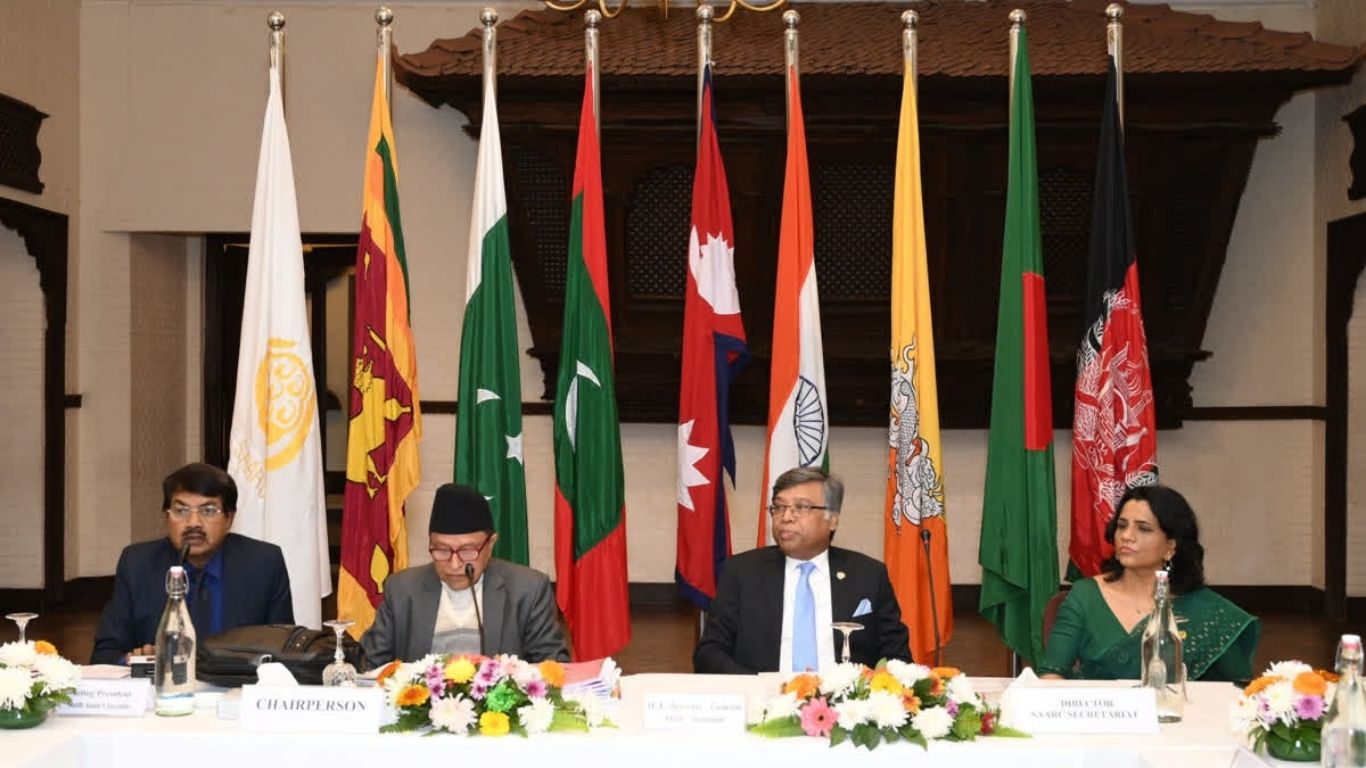Thailand has once again been plunged into political uncertainty after Prime Minister Paetongtarn Shinawatra was suspended from office by the Constitutional Court, pending an ethics investigation into a leaked phone call with Cambodia’s powerful former leader Hun Sen. The episode has not only destabilized the government in Bangkok but also exposed deep-seated divisions within Thailand’s political and military establishment, while reigniting nationalist fervor over the country’s sensitive border with Cambodia.
The Scandal That Sparked a Crisis
The controversy centers on a 17-minute phone conversation held on June 15, just weeks after an armed border clash on May 28 left a Cambodian soldier dead and heightened tensions between the two neighbors. In the call recorded by Hun Sen and subsequently leaked to the public Paetongtarn was heard addressing Hun Sen as “uncle,” a term reflecting her family’s close ties to the Cambodian strongman. She appeared to criticize a senior Thai army commander, urging Hun Sen not to listen to the “opposite side,” and assured him that if he “wants anything, he can just tell me, and I will take care of it”.
While Paetongtarn later insisted her intention was to defuse tensions and avoid further bloodshed, the call was widely perceived in Thailand as a breach of national sovereignty and a sign of deference to a foreign leader. Critics accused her of undermining the Thai military and compromising the country’s interests, fueling protests in Bangkok and prompting the Bhumjaithai party her government’s largest coalition partner to withdraw its support.
Constitutional Court Steps In
Responding to a petition from 36 senators, the Constitutional Court voted 7-2 to suspend Paetongtarn from her prime ministerial duties while it considers whether she breached ethical standards and damaged the nation’s sovereignty. She has been given 15 days to present her defense. In the meantime, Deputy Prime Minister Suriya Jungrungreangkit has assumed the role of acting prime minister.
Paetongtarn, who was appointed as culture minister in a cabinet reshuffle just hours before her suspension, expressed regret over the incident and reiterated that her actions were motivated by a desire to protect Thailand’s sovereignty and maintain peace. “I want to make it clear that my intentions were more than 100% sincere I acted for the country, to protect our sovereignty, to safeguard the lives of our soldiers, and to preserve peace in our nation,” she said in a press conference.
Political Fallout and Historical Parallels
The fallout from the scandal has been swift and severe. Paetongtarn’s approval ratings have plummeted, anti-government protests have erupted in the capital, and her government’s parliamentary majority is now razor-thin. She faces a looming no-confidence vote, and speculation is rife about the possibility of a snap election or even another military coup a familiar pattern in Thailand’s turbulent political history.
Paetongtarn is the third member of the Shinawatra family to serve as prime minister and the third to face removal before completing a term. Her father, Thaksin Shinawatra, was ousted in a 2006 military coup, while her aunt, Yingluck Shinawatra, was removed by a court order in 2014. Both removals were precipitated by accusations of corruption, abuse of power, and alleged betrayals of national interests often amid nationalist outcry over relations with Cambodia.
Border Disputes and Nationalist Sentiment
The crisis comes against a backdrop of long-standing disputes between Thailand and Cambodia over their 817-kilometer border, much of it mapped by French colonial authorities. The area is dotted with contested sites, including ancient Khmer temple ruins, and has been the scene of repeated military clashes and diplomatic standoffs. Cambodia has brought the latest border dispute to the International Court of Justice, while Thailand prefers bilateral negotiations.
Nationalist groups in both countries have seized on the crisis, with protests erupting in Bangkok and Phnom Penh. In Thailand, the military has taken a hawkish stance, preparing for “high-level operations” and fueling speculation about its willingness to intervene in politics once again.
A Fragile Democracy Faces Its Next Test
Thailand’s current turmoil is symptomatic of deeper structural challenges. The country’s democracy remains fragile, with unelected institutions such as the Constitutional Court and the military wielding significant power over elected governments. The suspension of Paetongtarn follows the removal of her predecessor, Srettha Thavisin, and the dissolution of the popular Move Forward Party, which won the most seats in the 2023 election but was banned from politics for a decade.
Analysts warn that unless Thailand undertakes genuine democratic reforms limiting the power of unelected institutions and ensuring greater accountability its cycle of instability is likely to continue. The current crisis, triggered by a single phone call, has exposed the fragility of Thai governance and the enduring influence of nationalist sentiment in shaping the country’s political trajectory.
Conclusion: Uncertainty Looms Over Thailand’s Future
As Paetongtarn prepares her defense and the Constitutional Court deliberates, Thailand faces a period of heightened uncertainty. The outcome will not only determine the fate of the current government but could also set the tone for the country’s political future. With coalition infighting, economic headwinds, and unresolved border disputes, the risk of further instability and even another military intervention remains high.
For now, Thailand’s leadership remains in limbo, its democracy once again tested by the forces of history, nationalism, and institutional power.



